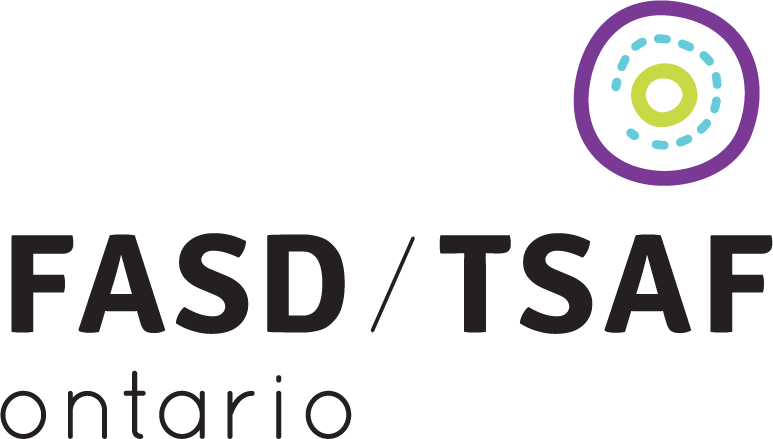Healthy Living Series
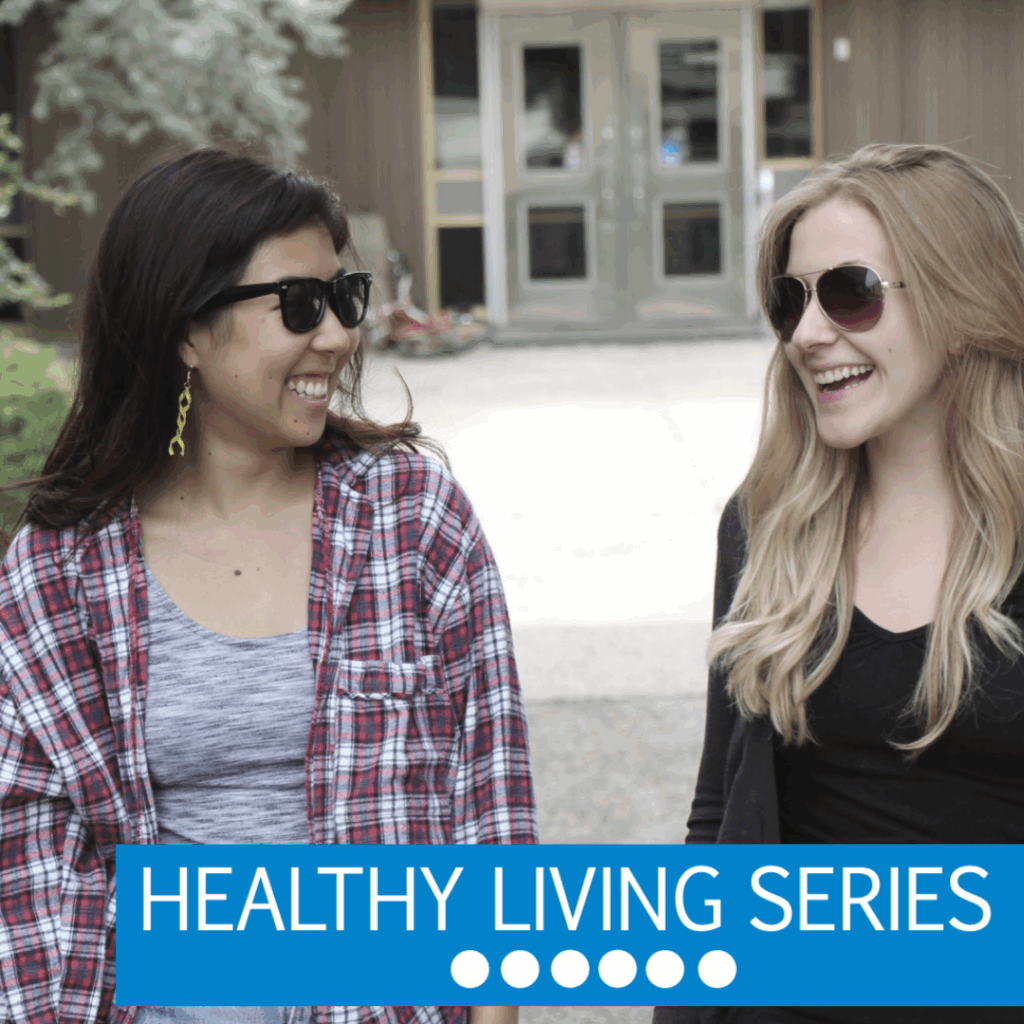
Information for people living with FASD on living healthy; nutrition, exercise, stress and sleep (37 pages)
Expert Statement on Physical Activity and Brain Health in Children and Youth
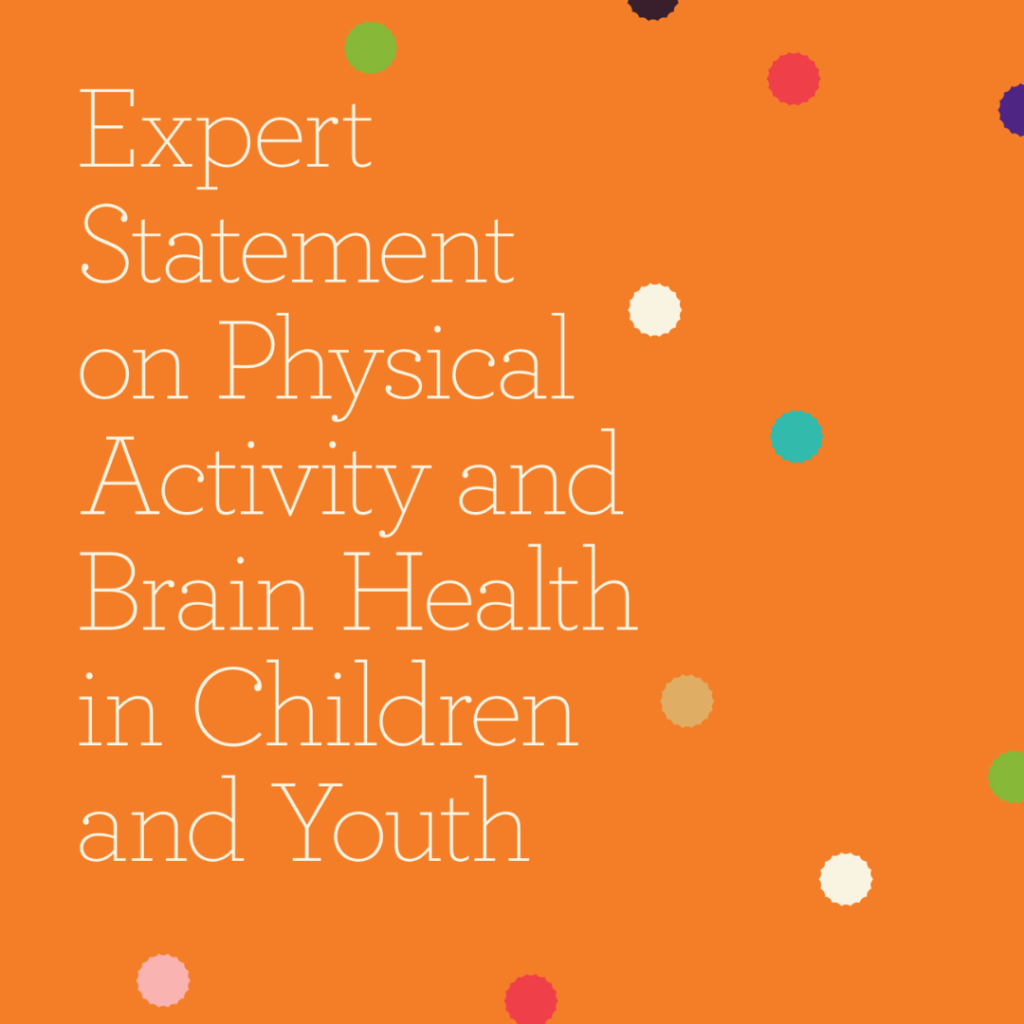
A team of experts in pediatric neuroscience and exercise science created this Expert Statement, looking at the relationship between physical activity and brain health in children and youth. Physical activity plays an important role in helping children and youth learn better, solve problems more creatively, and develop healthier brains. Children and youth who are least active or who have brain-based disabilities may have the most to gain.
Confabulation: When Lying Isn’t Lying
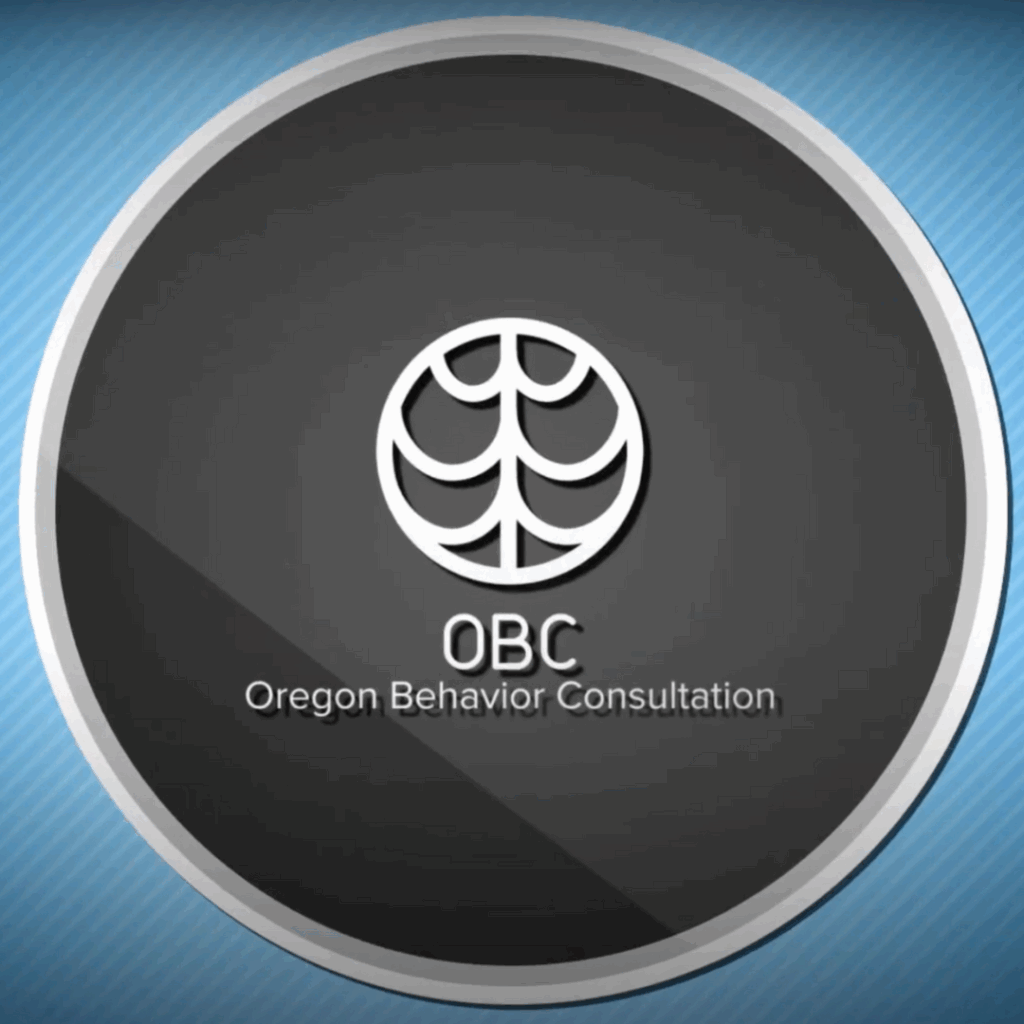
Information about confabulation and strategies for dealing with it (6 minutes)
Community Action Program for Children (CAPC)

The Community Action Program for Children (CAPC) provides funding to community groups that promote the healthy development of young children from birth to age 6, who face challenges that put their health at risk.
Mindfulness for Caregivers Podcast Series
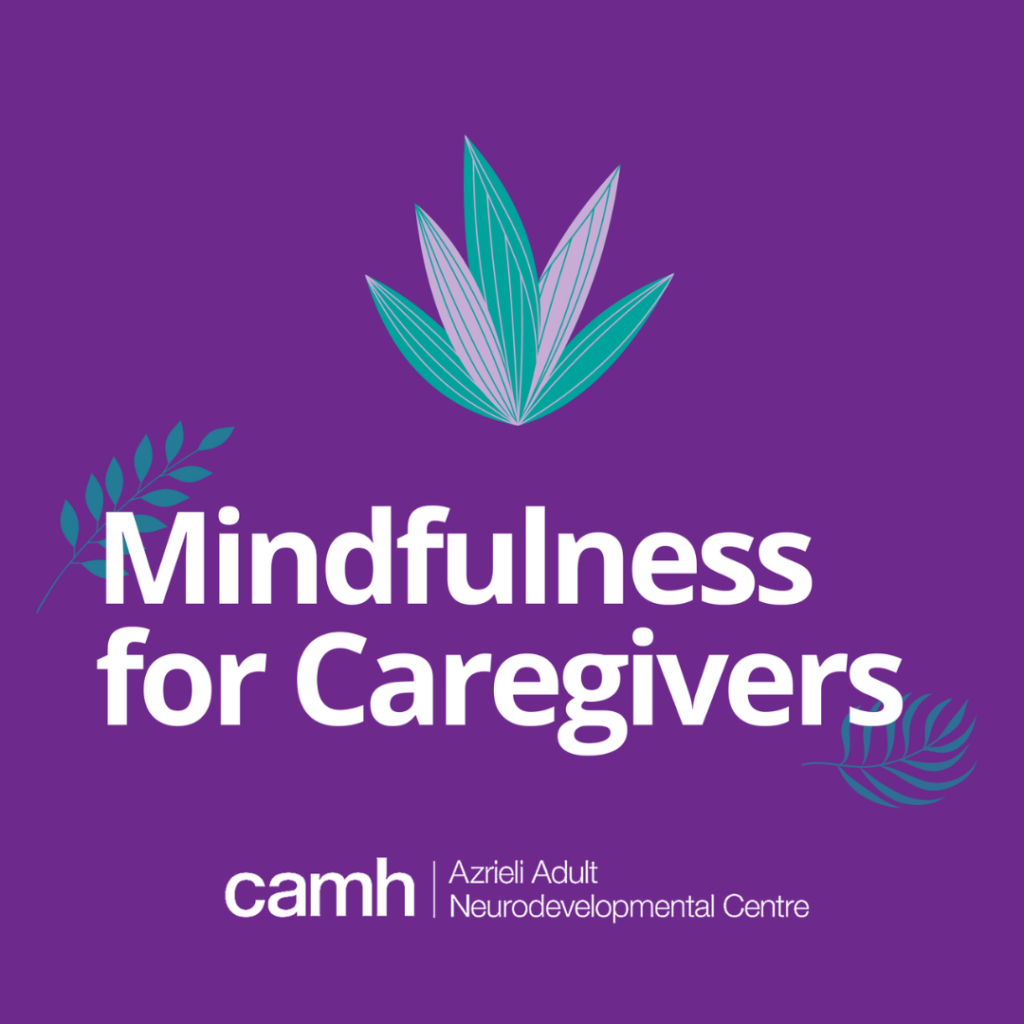
Sue leads us through a guided meditation as a tool for caregivers.
Caregivers’ experiences and perceptions of suicidality among their children and youth with fetal alcohol spectrum disorder

Individuals with Fetal Alcohol Spectrum Disorder (FASD) experience a range of biopsychosocial vulnerabilities that can increase the possibility of adverse life outcomes, including a heightened risk of suicidality. In this study, we explored the lived experiences of caregivers of children and youth with FASD and suicidality, including their perceptions of their child and youth’s suicidal experiences.
Why suicide prevention support is crucial for people with fetal alcohol spectrum disorder

Fetal alcohol spectrum disorder (FASD) is a lifelong disability that affects the brain and body of people prenatally exposed to alcohol. New research is backing concerns raised by the FASD community about the high rates of suicidality among people with FASD.
